State & Federal Agency Information

State & Federal Agency Information

State & Federal Agency Information
RI Department of Environment (RIDEM) – Division of Planning & Development
RIDEM has several grant programs for land conservation and trail development:
- Open Space Grants help, land trusts, cities, towns and other non-profit organizations acquire and protect their communities’ most important open space lands.
- Recreational Trails Program provides grants to cities, towns and non-profit organizations for the development of trails. RIDEM administers and coordinates this program with RI Department of Transportation.
- Recreation Acquisition and Development Grants assist municipalities by providing matching funds for development of, and improvements to, recreational facilities.
The RIDEM Grants Program website has details for all of these grants including:
- Application Process
- Application Form
- Open Space Grant Rules and Regulations
- Scoring Criteria
- Document Checklist
- Standard Conservation Easement Form
- Management Plan Guidelines
RIDEM – Division of Agriculture
RIDEM provides staff for the RI Agricultural Land Preservation Commission which manages the state’s Farmland Protection Program.
- Farmland Preservation Program purchases development rights from farmers to help ensure that farming remains viable in Rhode Island. This program enables landowners to retain ownership of their property while protecting the lands for agricultural use. At the same time, the Agricultural Land Preservation Program provides farmers with a financially competitive alternative to selling their land for development.
The RIDEM – Division of Agriculture website has the statute and rules of the Agricultural Land Preservation Commission and applications for protecting farmland through the state program
Natural Resource Conservation Service (NRCS)
Agricultural Conservation Easement Program (ACEP)– NRCS offers easement programs to eligible landowners to conserve working agricultural lands, wetlands, grasslands and forestlands. The Agricultural Conservation Easement Program (ACEP) under the 2018 Farm Bill has two distinct easement programs. The Agricultural Land (ALE) Easement and the Wetland Reserve Easement (WRE) Programs. The purposes of ACEP are to restore, protect, and enhance wetlands on eligible land; protect the agricultural viability and related conservation values of eligible land by limiting nonagricultural uses of that land that negatively affect the agricultural uses and conservation values; and protect grazing uses and related conservation values by restoring or conserving eligible land.
Conservation Stewardship Program (CSP) – The Conservation Stewardship Program helps agricultural producers maintain and improve their existing conservation systems and adopt additional conservation activities to address priority resources concerns. Participants earn CSP payments for conservation performance—the higher the performance, the higher the payment. Some popular enhancements used by the CSP in Rhode Island include:
- Creating forest openings to improve hardwood stands
- Establish pollinator and/or beneficial insect habitat
- Managing Riparian buffers for terrestrial and aquatic wildlife habitat, and several others
Environmental Quality Incentive Program (EQIP) – NRCS can provide conservation planning and financial and technical assistance to farmers, as well as, non-profit land trust, other private organizations and individuals that own farmland or forestland to in order to address natural resource concerns and deliver environmental benefits such as improved water and air quality, conserved ground and surface water, reduced soil erosion and sedimentation or improved or created wildlife habitat. The conservation practices that are installed help prevent soil erosion, enhance woodlands, control invasive plant species, improve water quality, and address other resource concerns. Funds are available through the Environmental Quality Incentives Program (EQIP). Applications are accepted on a continuous basis throughout the year.
Agricultural Management Assistance (AMA) – AMA helps agricultural producers manage financial risk through diversification, marketing or natural resource conservation practices. Though AMA the landowner develops and implement a conservation plan that can help manage risk. AMA provides funding to implement the conservation practices. Typical practices are seasonal high tunnels, irrigation systems, and wells. These programs may be useful for land trusts that farm properties or lease their properties to farmers.
